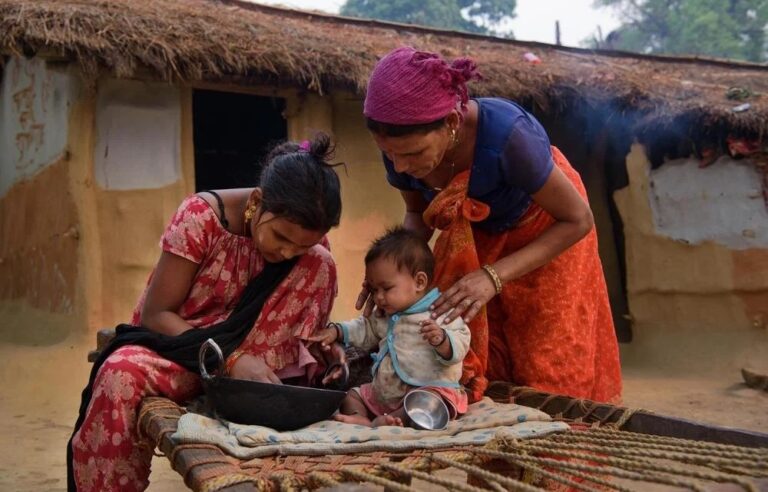
Child marriage has been a major social evil in Nepal, but its rate has been increasing despite stringent legal provisions and ample interventions against child marriage on the part of the government as well as non-government organisations.
As per the latest figures provided by Nepal Police, as many as 84 cases of child marriage were reported in the fiscal 2020-21 against 64 in 2019-20, an increase by 31.25 per cent, indicating that child marriage has continued to rise at an alarming rate.
Most of the brides and bridegrooms were children, while minor girls were married off to elderly men in some cases.
Nepal Police spokesperson, SSP Basanta Bahadur Kunwar, said that the major causes for underage marriage were undue pressure from parents and deep-rooted superstition.
Nearly 40 per cent of the minors tied the knot on their own accord in 2020-21.
Police, in association with local child clubs, stopped around 20 child marriages in 2020-22. As per the existing law, marriage before 20 years of age is considered child marriage.
As per Nepal government’s finding, people younger than 20 years of age are neither physically nor emotionally ready to get married.
According to a 2019 report released by the Ministry of Women, Children and Senior Citizens (MoWCSC), child marriage not only deprives girls of education, but it often makes them vulnerable to a cycle of discrimination, domestic violence and abuse. The report encouraged children to make their parents aware that an individual must attain at least 20 years of age to get married.
Section 173 of the Criminal Code Act states that anyone found guilty of committing or assisting child marriage shall be liable to a jail term not exceeding three years and a fine of up to Rs 30,000.
MoWCSC said it had issued a procedure for carrying out programmes at local levels to eliminate social anomalies and malpractices like child marriage.
The procedure aims to incorporate anti-child marriage programmes into periodic and annual plans and programmes of the local levels and implement the same in an effective manner; ensure the participation of male children, teenagers and men in the fight against child marriage; and mobilise children, teenagers, parents, guardians, teachers, political and religious leaders and other stakeholders.
The programmes to be conducted by the local levels include raising awareness about child rights, sexuality, sexual and reproductive health and rights, through anti-child marriage campaign; training for child clubs and communities; development of child-friendly infrastructure; formation and mobilisation of child and youth clubs exclusively against such social malpractices; conducting awareness programmes at the family level in association with government and non-government organisations; and ending child marriage and gender discrimination.






